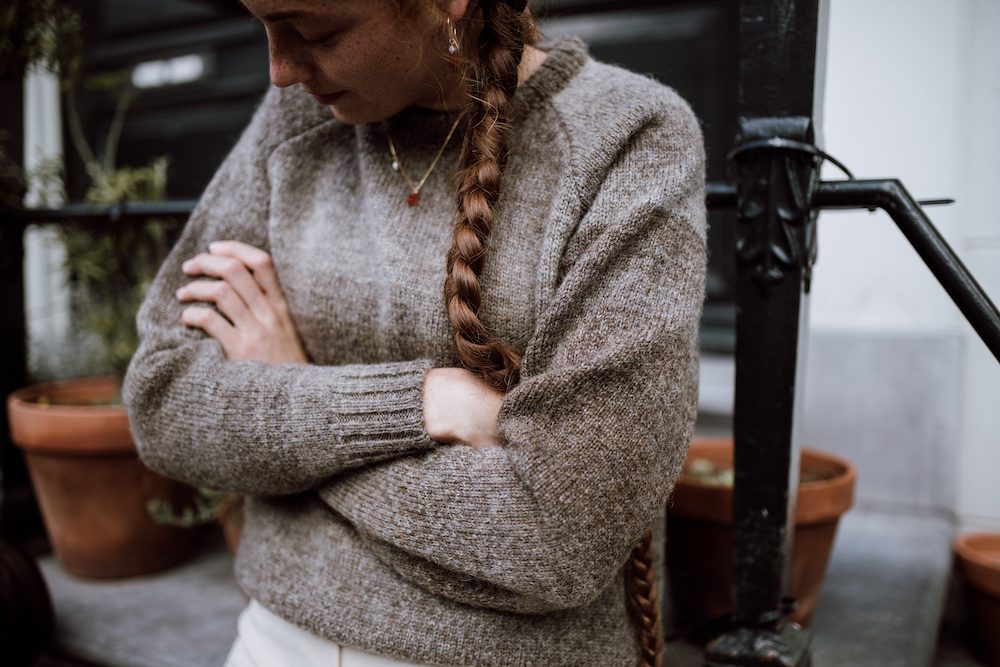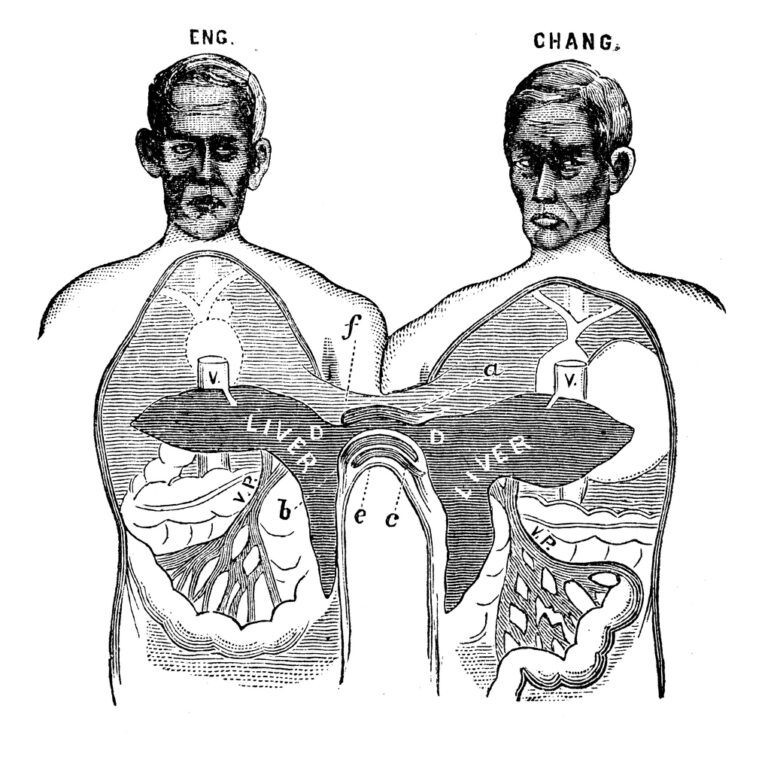To create its range of premium, sustainable wool jerseys, Davaar & Co used lessons from a century of farming – founder and creative director Kate Macdonald is part of the fifth generation on her heritage family farm in Te Anau – Davaar Station.
Seeing wool going to waste after it was shorn prompted Macdonald to find a way to make better use of it, while increasing the value of the farm’s clip and raising awareness of the crossbred wool industry. She chose to create luxury knitwear, after noticing a lack of crossbred or strong wool jerseys available to buy. “I decided to go into the fashion industry because I found from my research that there was quite a gap in the market – there wasn’t really a product with full traceability of a woollen fibre right back to the farm that people could buy online.”
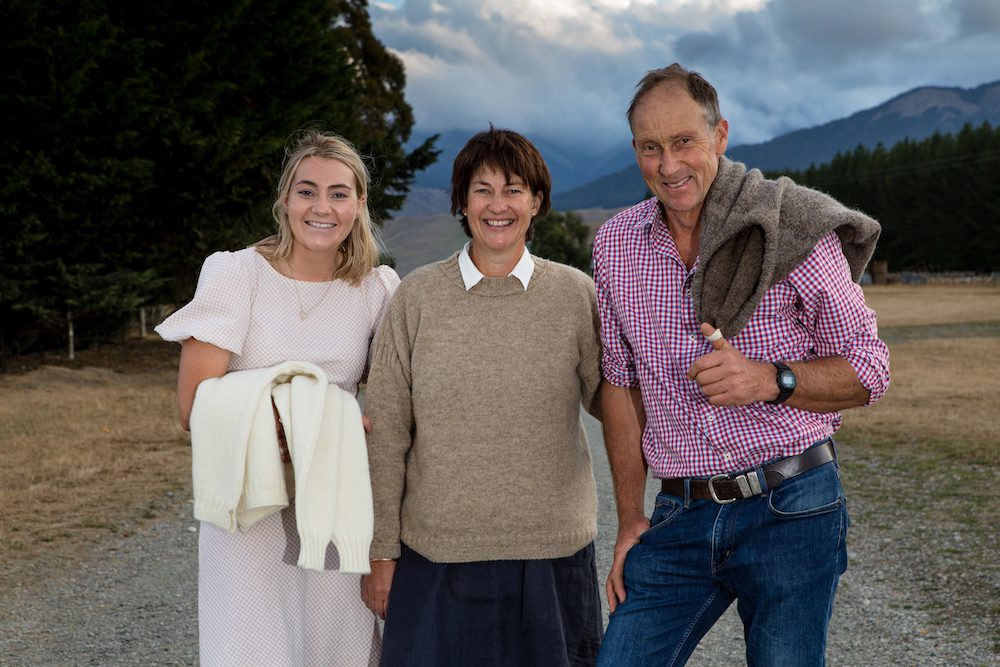
The inspiration coming from tradition didn’t end with drawing upon her family’s century-long wool-growing experience – Macdonald also pays tribute to her late grandmother, who was an avid knitter, with the range. “I’ve taken a lot of inspiration from her patterns and designs and knits that she used to knit all of us when we were younger,” says Macdonald. “It’s really nice to bring her passion and inspiration through into our business today.”

The woollen jerseys available from Davaar & Co come in four styles and four colourways, inspired by the Southland landscape. They are all made from 100% crossbred wool which comes with a range of benefits, including that it’s naturally insulating, multi-climatic, non-allergenic, breathable and easy to care for. But most importantly, wool is a sustainable choice for a number of reasons – it’s naturally grown and biodegradable, and its durability means garments made from the fibre are long-lasting. “We are trying to encourage more consumers to buy New Zealand wool and to buy products that are sustainably made, ethically made with biodegradable, renewable, sustainable fibres as opposed to synthetic garments,” Macdonald says.
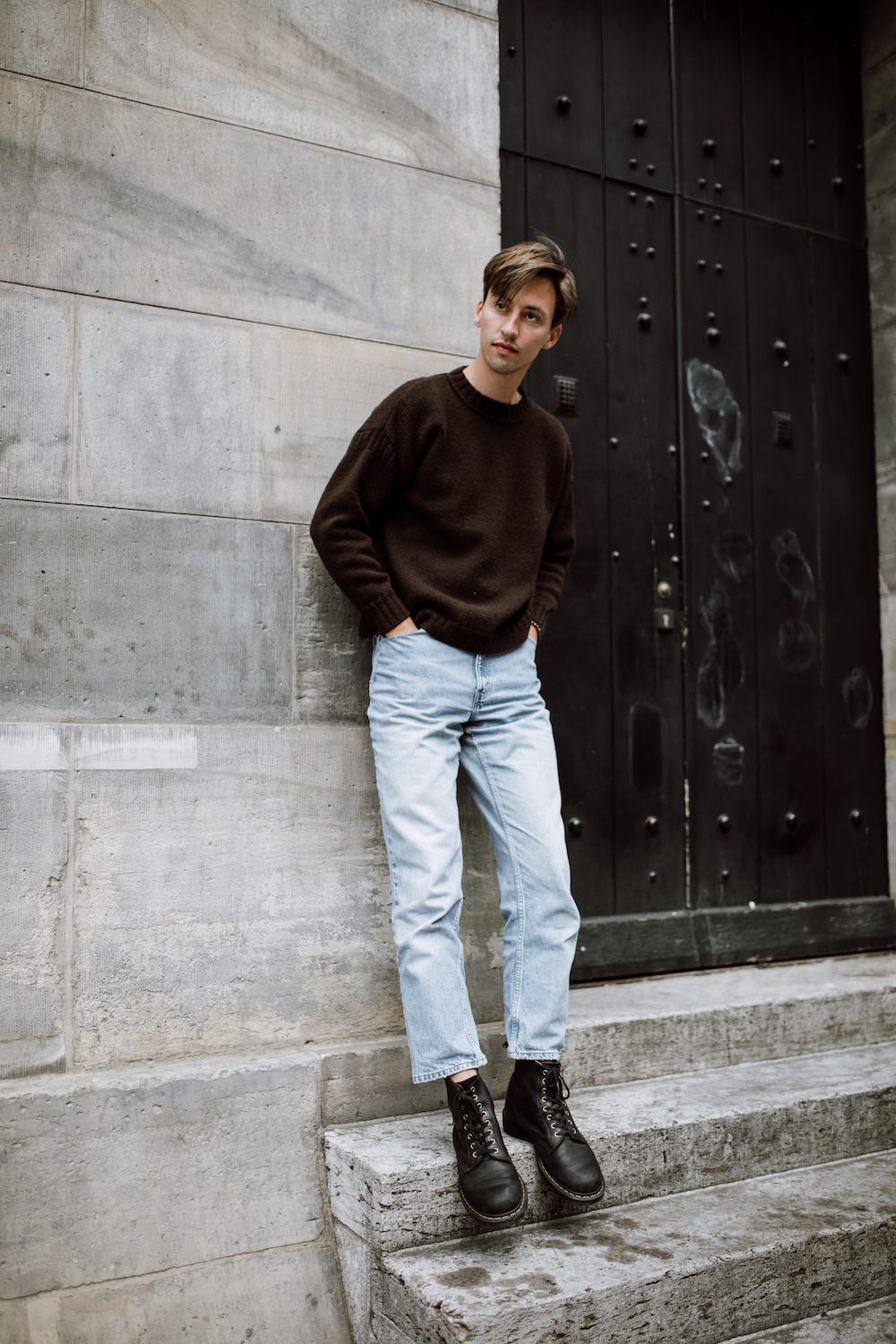
Also adding to the sustainable credentials of Davaar & Co includes the fact that it is solely made in New Zealand. “That was a huge focus for the brand … To have our wool sent offshore and sent back wouldn’t have made sense to what we’re trying to say and what we’re trying to do,” Macdonald says. Transparency and traceability are an important part of the Davaar & Co ethos. “Consumers deserve to know what their clothes are made of and how they’ve been made.”
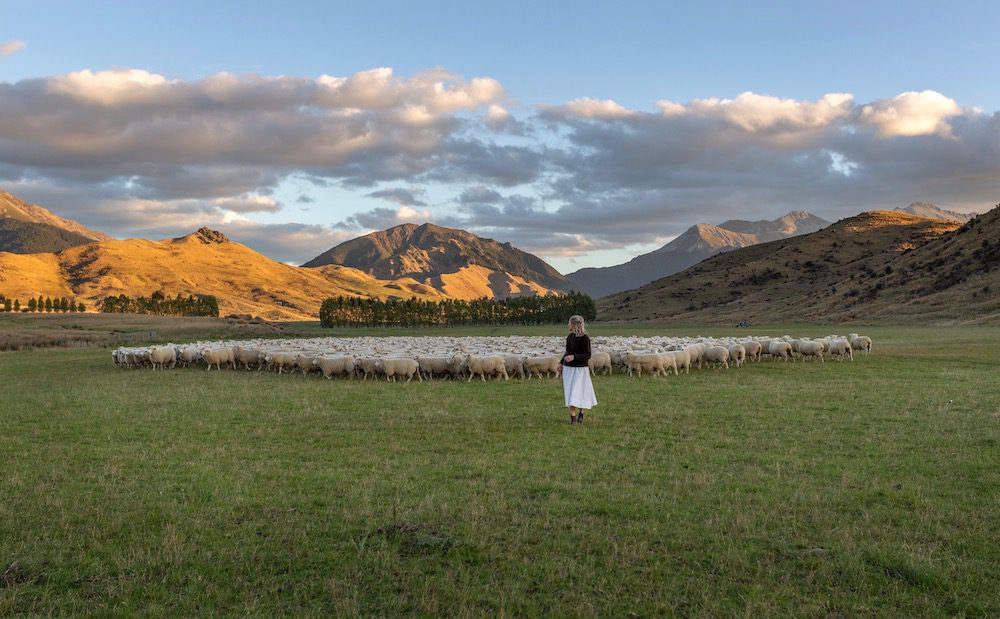
MiNDFOOD Promotion


